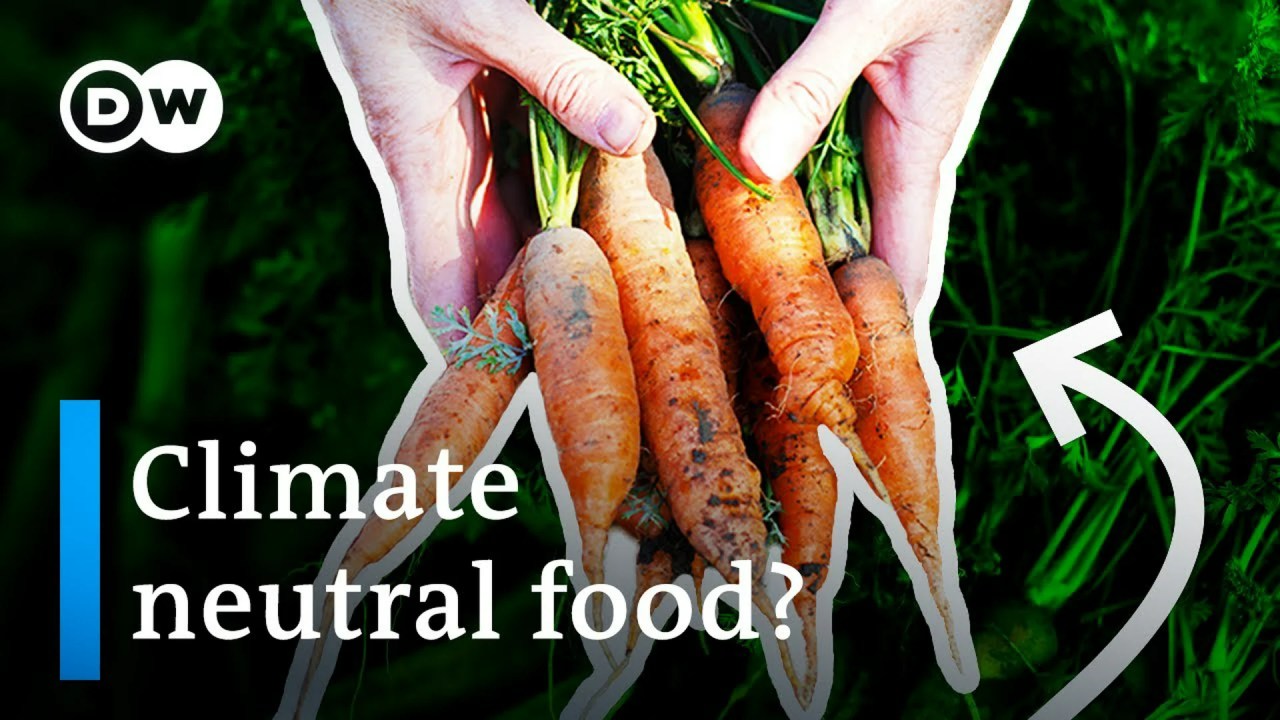Permaculture is an innovative approach to growing vegetables that seeks to reduce the environmental impact of food production. Rather than relying on artificial fertilizers and pesticides, permaculture uses the natural environment and bio-diversity to create a self-sustaining ecosystem in which plants are grown without any input from outside sources. This can result in better yields with fewer inputs, while also reducing the amount of carbon dioxide emissions resulting from traditional farming practices.
The concept of permaculture was developed by Bill Mollison and David Holmgren in the 1970s, and since then it has become an increasingly popular way for people to produce fresh food sustainably. Permaculation is based on three core principles – care for the earth, care for people, and sharing resources. These principles emphasize preserving biodiversity, minimizing energy consumption, and creating a sustainable system by recycling organic materials.
For those interested in learning more about permaculture, the documentary Inhabit: A Permaculture Perspective provides a comprehensive overview of what permaculture is all about. The film follows farmers as they explore how permaculture can be used around the world to re-think our approach to agriculture and create a more sustainable future for generations to come. Featuring interviews with experts in permaculture design, as well as local farmers who have adopted this method of farming into their lives, this film offers an enlightening look at how sustainable farming practices can benefit us all. By exploring these concepts with compelling visuals and informative graphics, Inhabit presents a thought-provoking look at our current agricultural system and how we can use permaculture to create more resilient food production models for the future. So if you’re looking for an inspiring story about how we can work together to build a healthier planet through sustainable agriculture – watch Inhabit: A Permaculture Perspective today!



